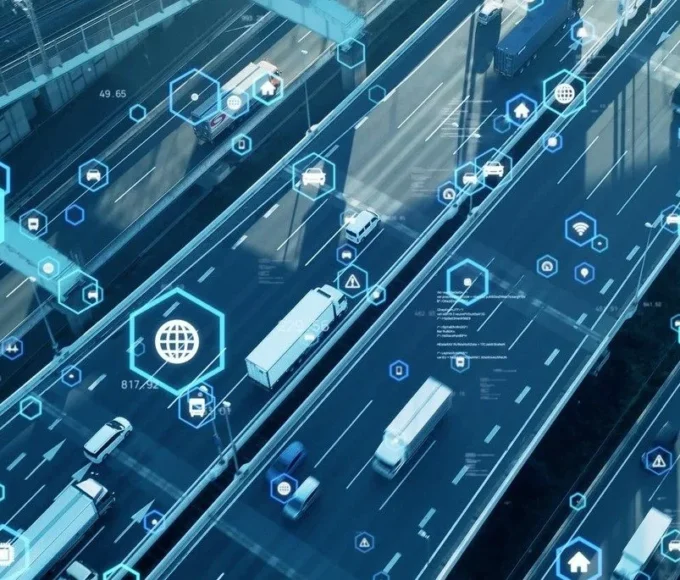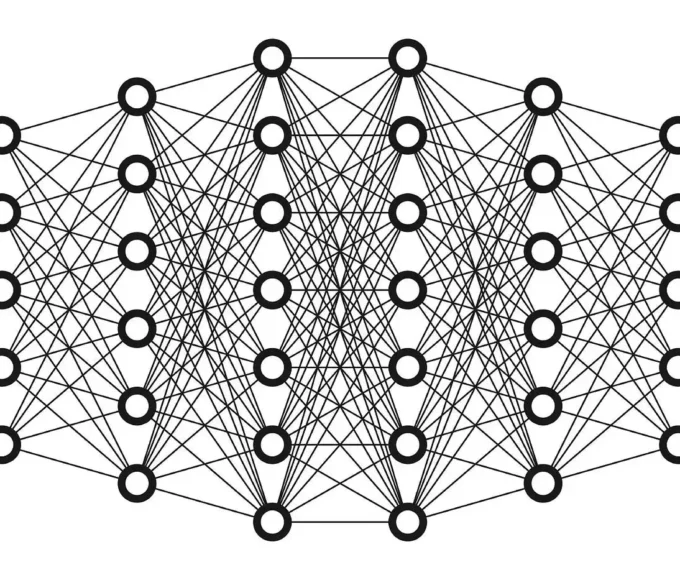In today’s fast-paced digital world, businesses across industries are on a constant mission to enhance customer experiences and provide personalized services. They understand the importance of connecting with customers on a deeper level and creating meaningful interactions. Thankfully, with the advent of machine learning, organizations now have a powerful tool at their disposal to revolutionize the customer experience. Machine learning algorithms can analyze vast amounts of customer data and extract valuable insights, enabling businesses to deliver tailored and personalized experiences like never before. In this blog, let’s take a journey into the world of machine learning and discover how it is transforming the customer experience landscape, making it more human and engaging.
Understanding Customer Preferences:
Imagine walking into a store where the salesperson knows exactly what you like and presents you with options that perfectly match your preferences. Machine learning algorithms make this possible in the digital world. By analyzing customer data such as purchase history, browsing behavior etc, businesses can gain a deeper understanding of individual preferences. This allows them to provide targeted recommendations and personalized product offerings, resulting in a more engaging and satisfying customer experience.
Real-Time Personalization:
The beauty of machine learning lies in its ability to provide real-time personalization. It’s like having a personal assistant who understands your needs and adapts accordingly. For instance, e-commerce platforms can instantly analyze your browsing history and display personalized product recommendations that are most likely to resonate with you. Similarly, streaming services can suggest content based on your viewing habits, ensuring you never miss out on something you might enjoy. This real-time personalization enhances customer satisfaction and improves retention rates.
Sentiment Analysis and Customer Feedback:
Businesses genuinely care about what their customers think, and machine learning allows them to delve deeper into customer sentiment. By employing techniques like natural language processing (NLP), machine learning algorithms can analyze customer feedback, including reviews, comments, and social media posts. This helps businesses gauge customer satisfaction levels and identify areas for improvement. Armed with this information, organizations can promptly address customer concerns, provide proactive support, and optimize their products and services to better align with customer expectations, making the customer experience more human and empathetic.
Chatbots and Virtual Assistants:
Gone are the days of automated responses that leave customers feeling frustrated. Thanks to machine learning, chatbots, and virtual assistants have evolved to become more human-like in their interactions. These intelligent systems can now handle customer inquiries, provide recommendations, and resolve common issues without human intervention. By leveraging natural language understanding and generation techniques, chatbots engage in more natural and contextually relevant conversations. They can understand the nuances of customer queries and deliver personalized assistance at scale. This not only improves response times but also creates a more human connection with customers.
Predictive Analytics and Customer Lifetime Value:
Machine learning excels at predictive analytics, allowing businesses to anticipate customer behavior and calculate their lifetime value. By analyzing historical data and customer attributes, algorithms can identify patterns and trends that help predict future buying behavior, churn likelihood, and customer loyalty. This valuable information empowers organizations to implement targeted retention strategies, personalized marketing campaigns, and loyalty programs. By proactively meeting customer needs, businesses can maximize customer lifetime value, leading to increased satisfaction and long-term business growth.
Machine learning has revolutionized the customer experience by enabling businesses to provide personalized services at scale. It brings a human touch to the digital realm, creating more engaging and meaningful interactions with customers. By leveraging advanced algorithms and techniques, organizations gain deep insights into customer preferences, sentiment, and behavior. This allows them to deliver tailor-made experiences, recommendations, and support. Machine learning is transforming the way businesses interact with their customers, making the experience more fulfilling by sentiment analysis etc.
Understanding Customer Preferences:
Imagine walking into a store where the salesperson knows exactly what you like and presents you with options that perfectly match your preferences. Machine learning algorithms make this possible in the digital world. By analyzing customer data such as purchase history, browsing behavior, and demographic information, businesses can gain a deeper understanding of individual preferences. This allows them to provide targeted recommendations, personalized product offerings, and relevant promotions, resulting in a more engaging and satisfying customer experience.
Real-Time Personalization:
The beauty of machine learning lies in its ability to provide real-time personalization. It’s like having a personal assistant who understands your needs and adapts accordingly. For instance, e-commerce platforms can instantly analyze your browsing history and display personalized product recommendations that are most likely to resonate with you. Similarly, streaming services can suggest content based on your viewing habits, ensuring you never miss out on something you might enjoy. This real-time personalization enhances customer satisfaction and improves retention rates.
Sentiment Analysis and Customer Feedback:
Businesses genuinely care about what their customers think, and machine learning allows them to delve deeper into customer sentiment. By employing techniques like natural language processing (NLP), machine learning algorithms can analyze customer feedback, including reviews, comments, and social media posts. This helps businesses gauge customer satisfaction levels and identify areas for improvement. Armed with this information, organizations can promptly address customer concerns, provide proactive support, and optimize their products and services to better align with customer expectations, making the customer experience more human and empathetic.
Chatbots and Virtual Assistants:
Gone are the days of automated responses that leave customers feeling frustrated. Thanks to machine learning, chatbots, and virtual assistants have evolved to become more human-like in their interactions. These intelligent systems can now handle customer inquiries, provide recommendations, and resolve common issues without human intervention. By leveraging natural language understanding and generation techniques, chatbots engage in more natural and contextually relevant conversations. They can understand the nuances of customer queries and deliver personalized assistance at scale. This not only improves response times but also creates a more human connection with customers.
Predictive Analytics and Customer Lifetime Value:
Machine learning excels at predictive analytics, allowing businesses to anticipate customer behavior and calculate their lifetime value. By analyzing historical data and customer attributes, algorithms can identify patterns and trends that help predict future buying behavior, churn likelihood, and customer loyalty. This valuable information empowers organizations to implement targeted retention strategies, personalized marketing campaigns, and loyalty programs. By proactively meeting customer needs, businesses can maximize customer lifetime value, leading to increased satisfaction and long-term business growth.
Machine learning has revolutionized the customer experience by enabling businesses to provide personalized services at scale. It brings a human touch to the digital realm, creating more engaging and meaningful interactions with customers. By leveraging advanced algorithms and techniques, organizations gain deep insights into customer preferences, sentiment, and behavior. This allows them to deliver tailor-made experiences, recommendations, and support. Machine learning is transforming the way businesses interact with their customers, making the experience fulfilling, through chatbots, analysis etc.
Embracing machine learning technology empowers companies to establish stronger relationships, build customer loyalty, and ultimately thrive in today’s competitive market.
















4 Comments